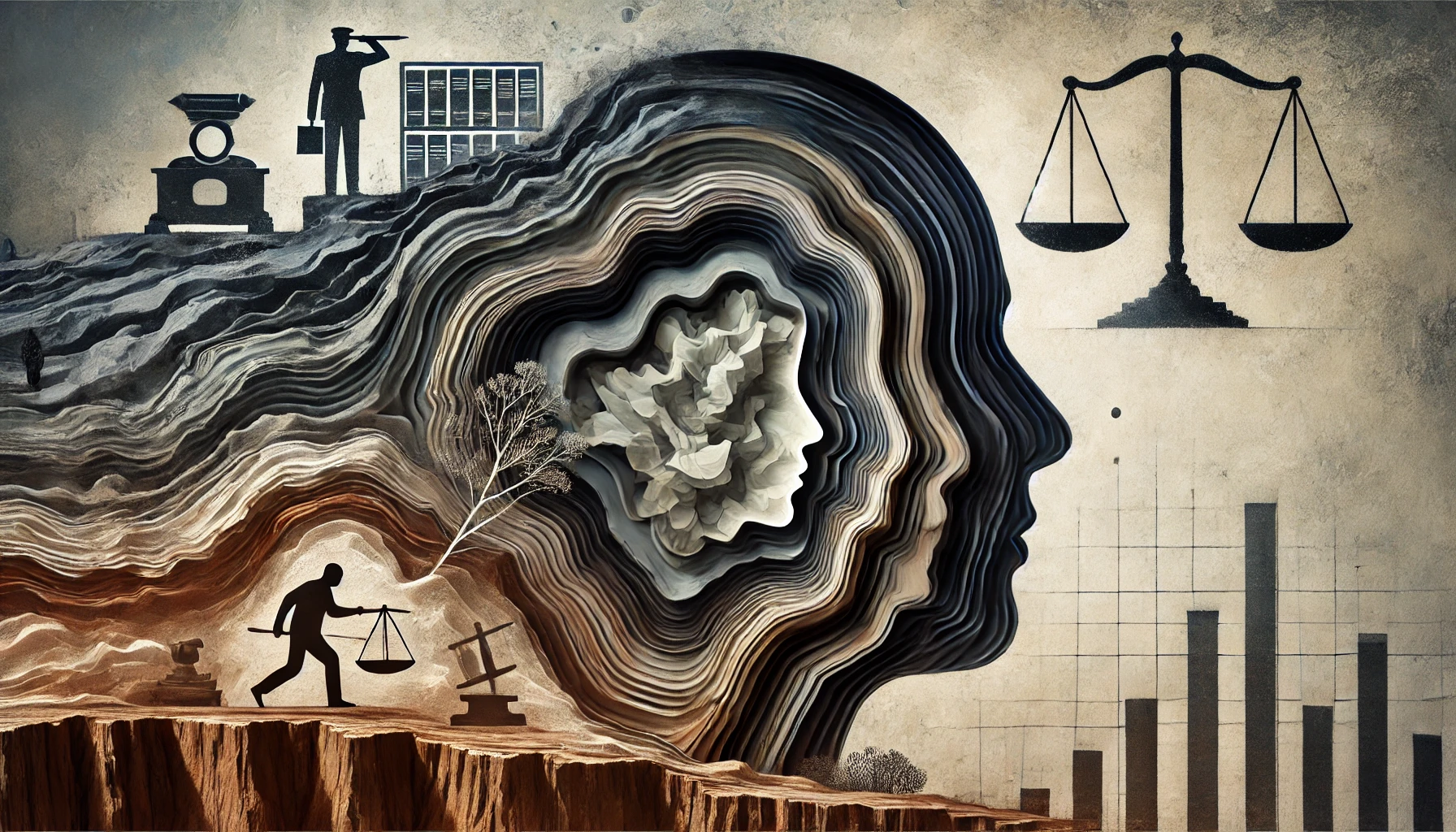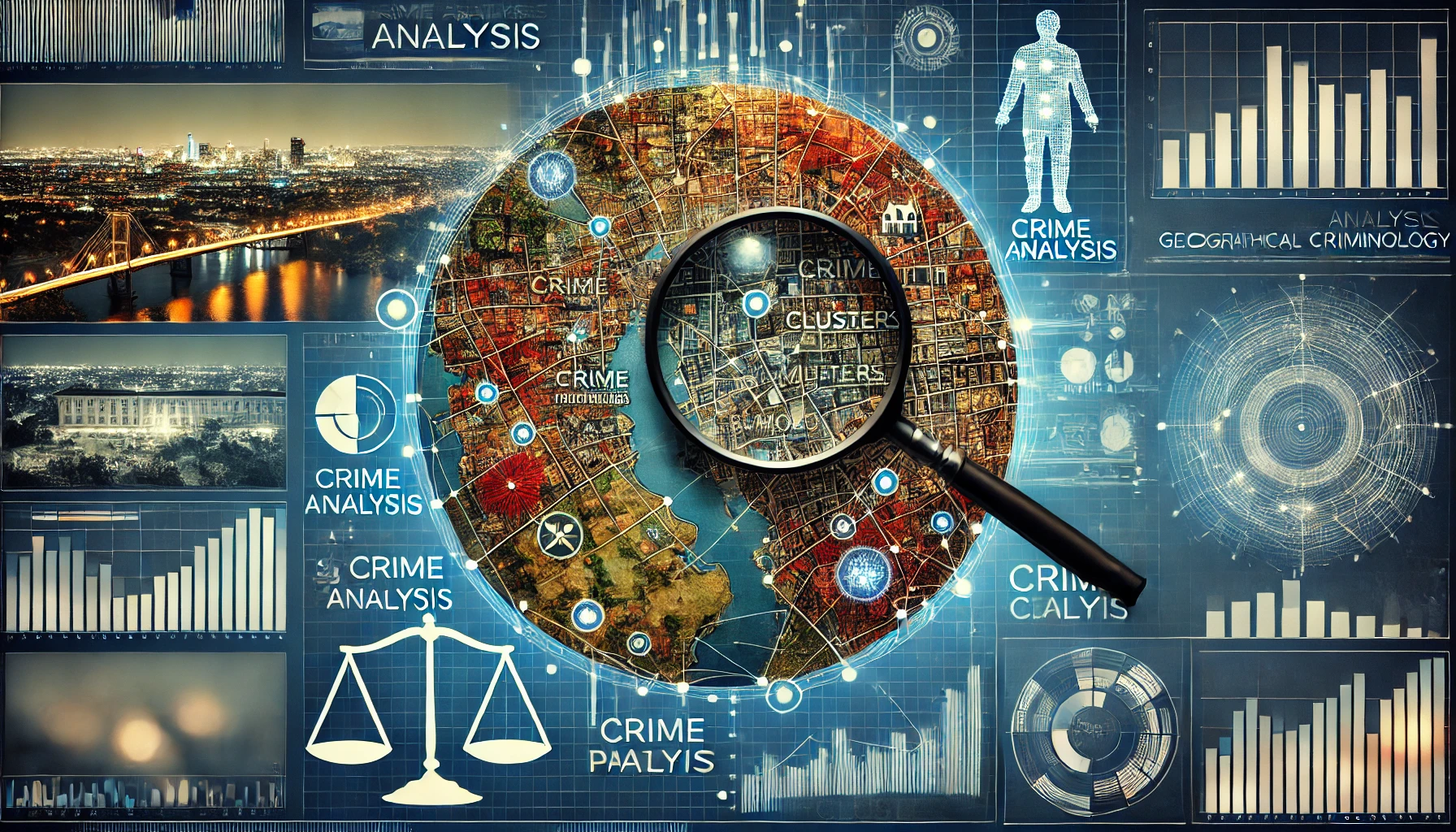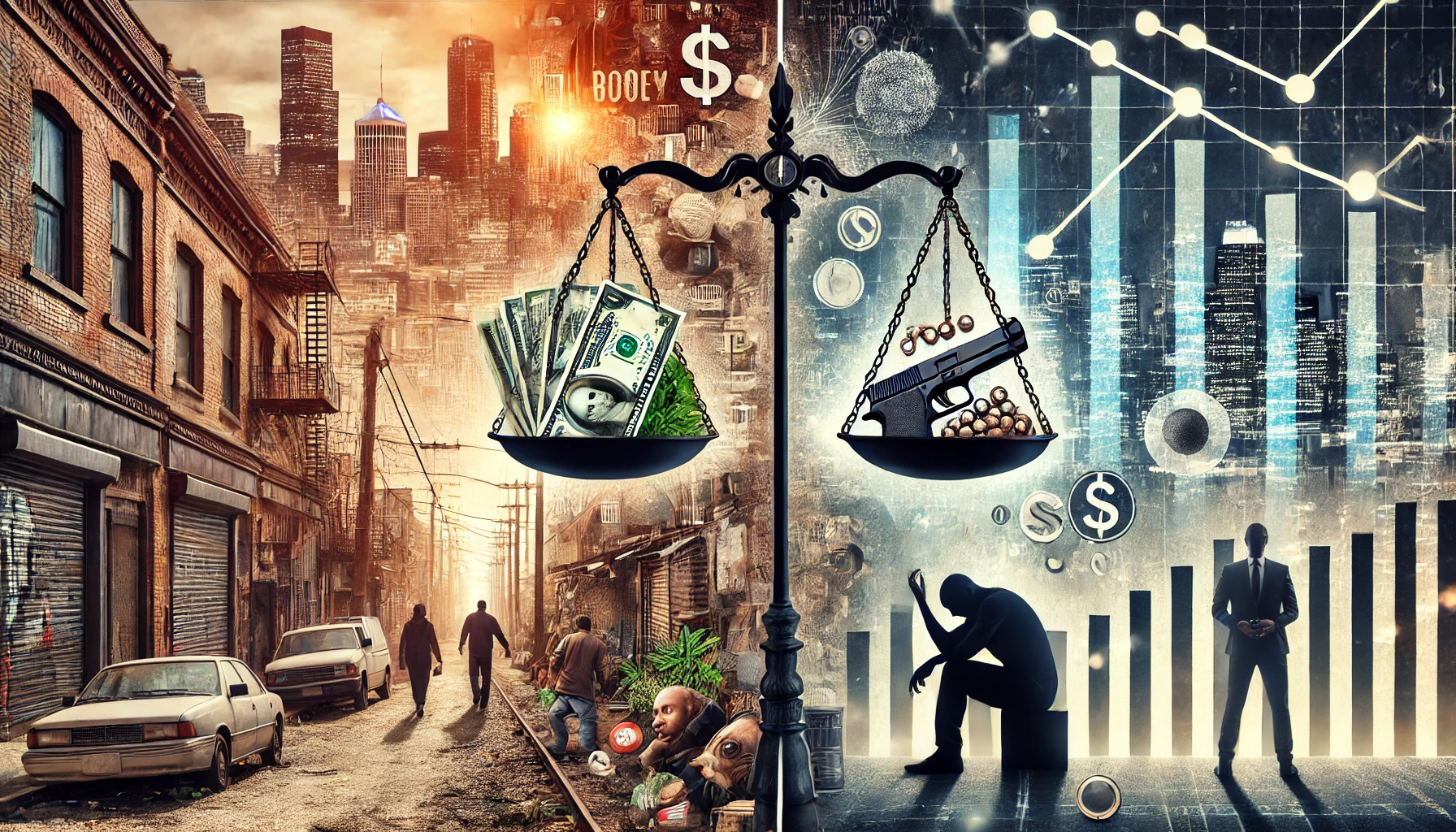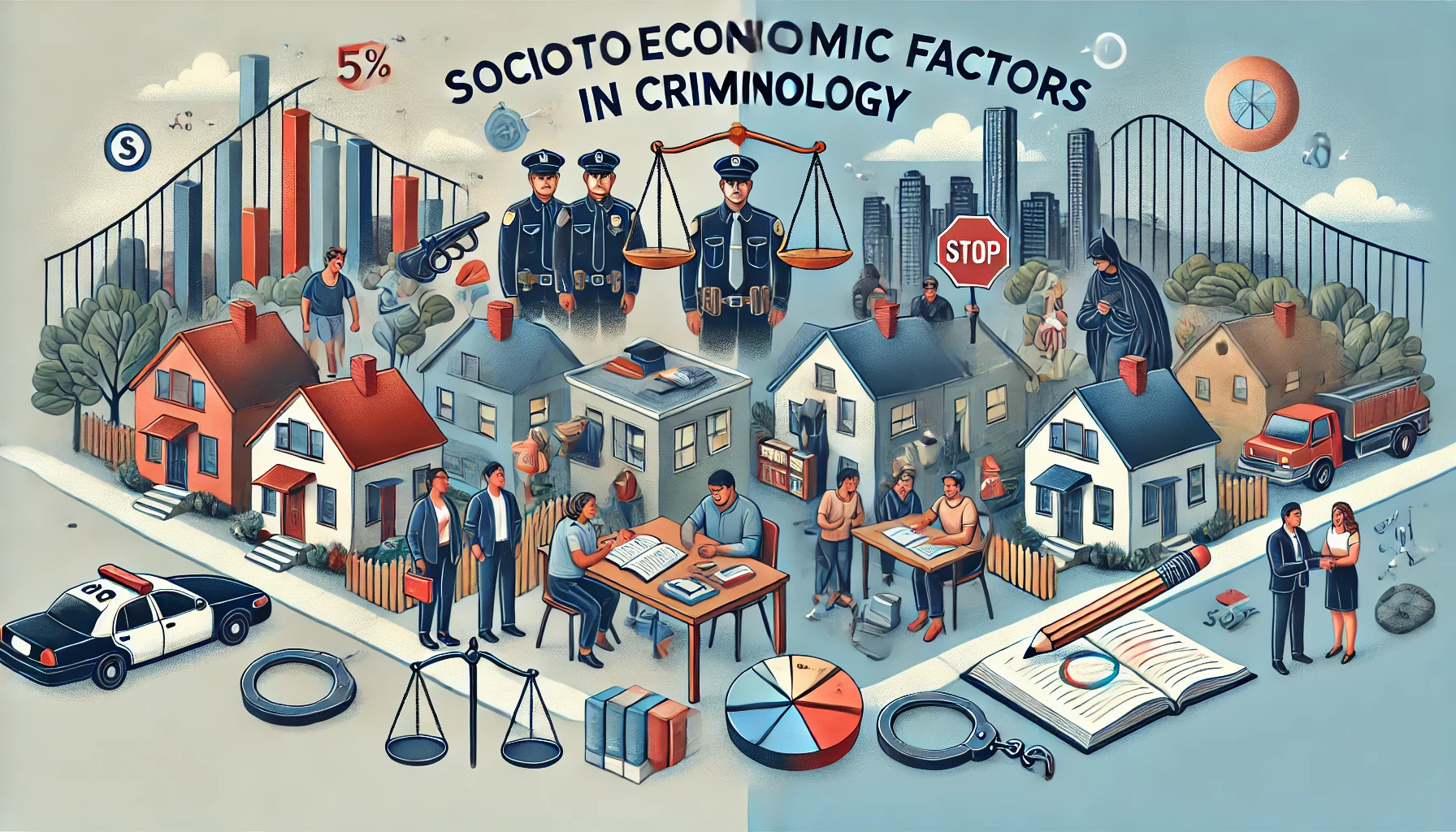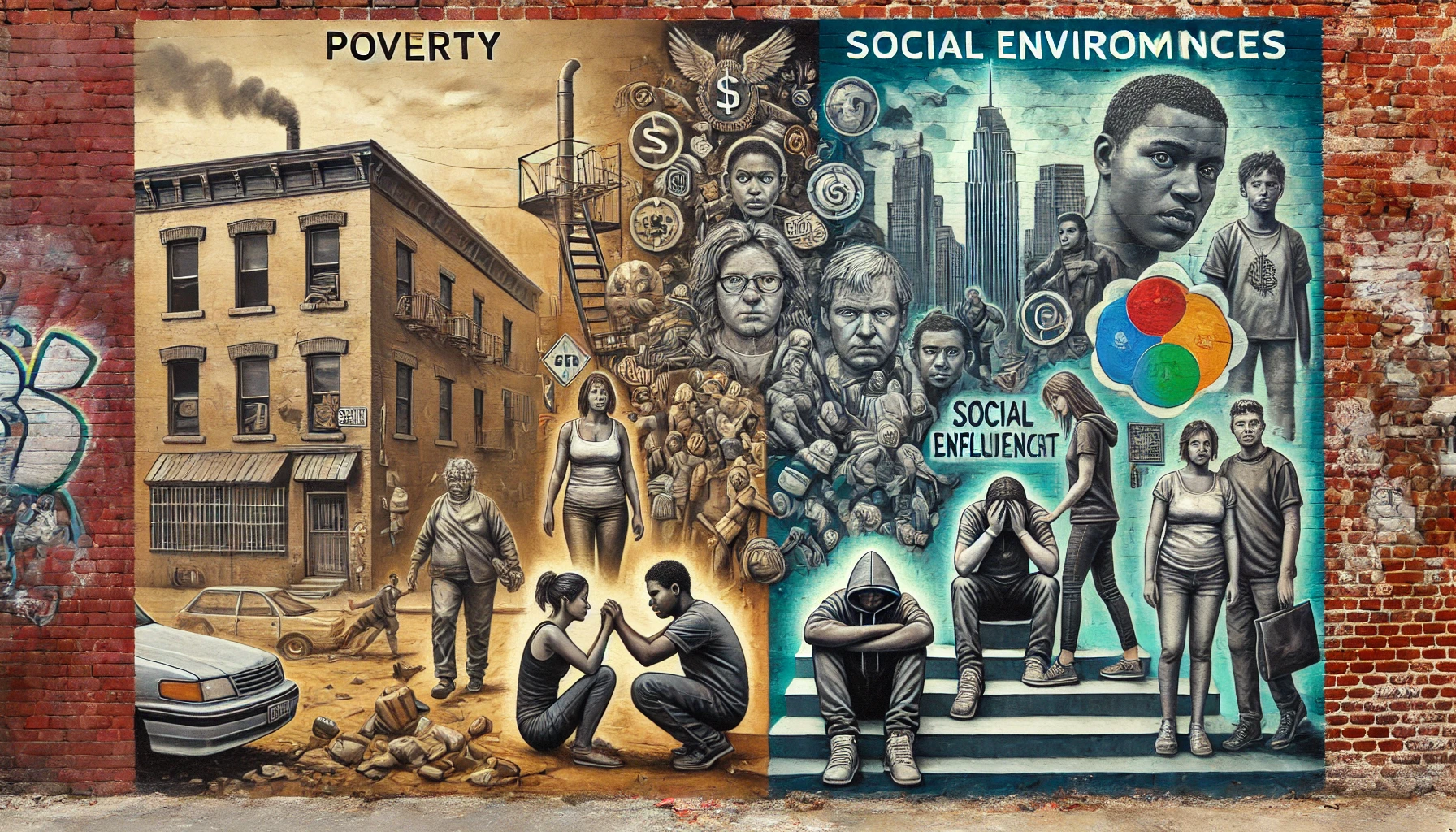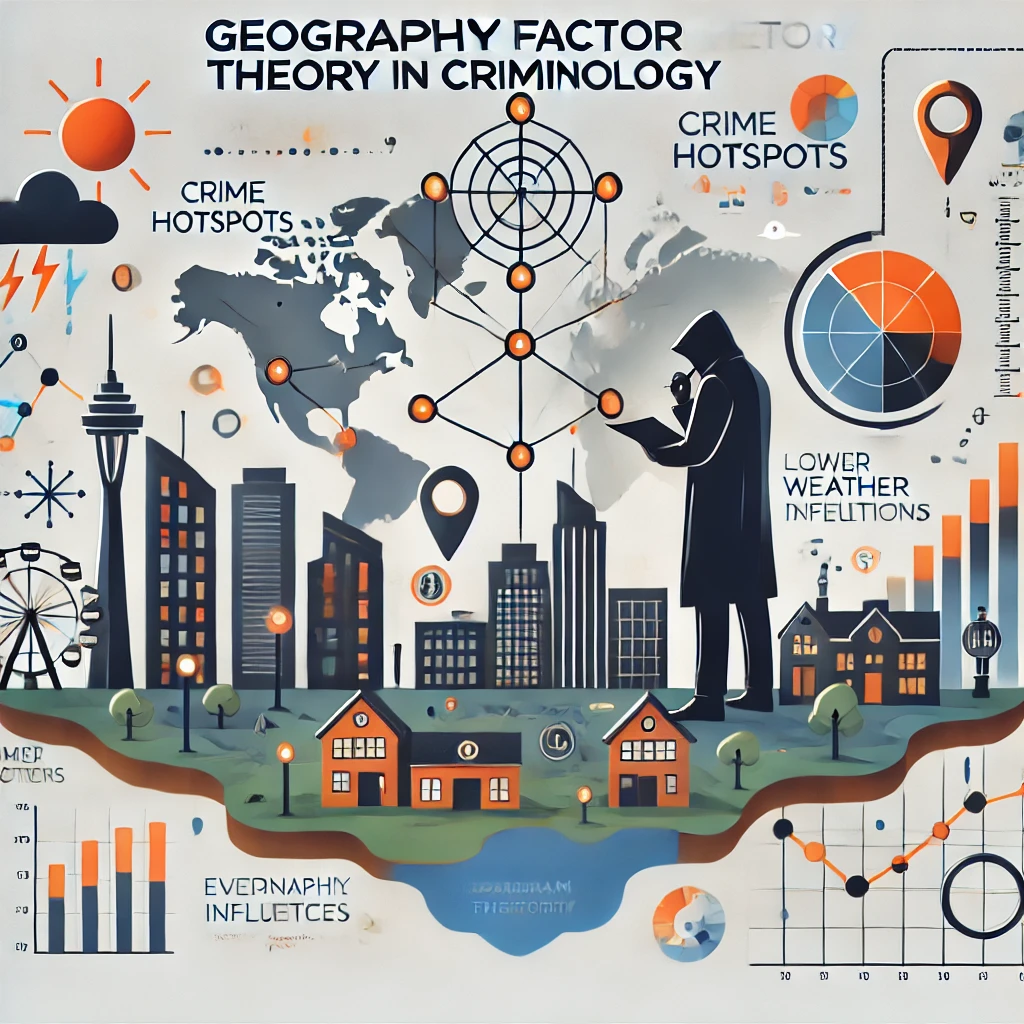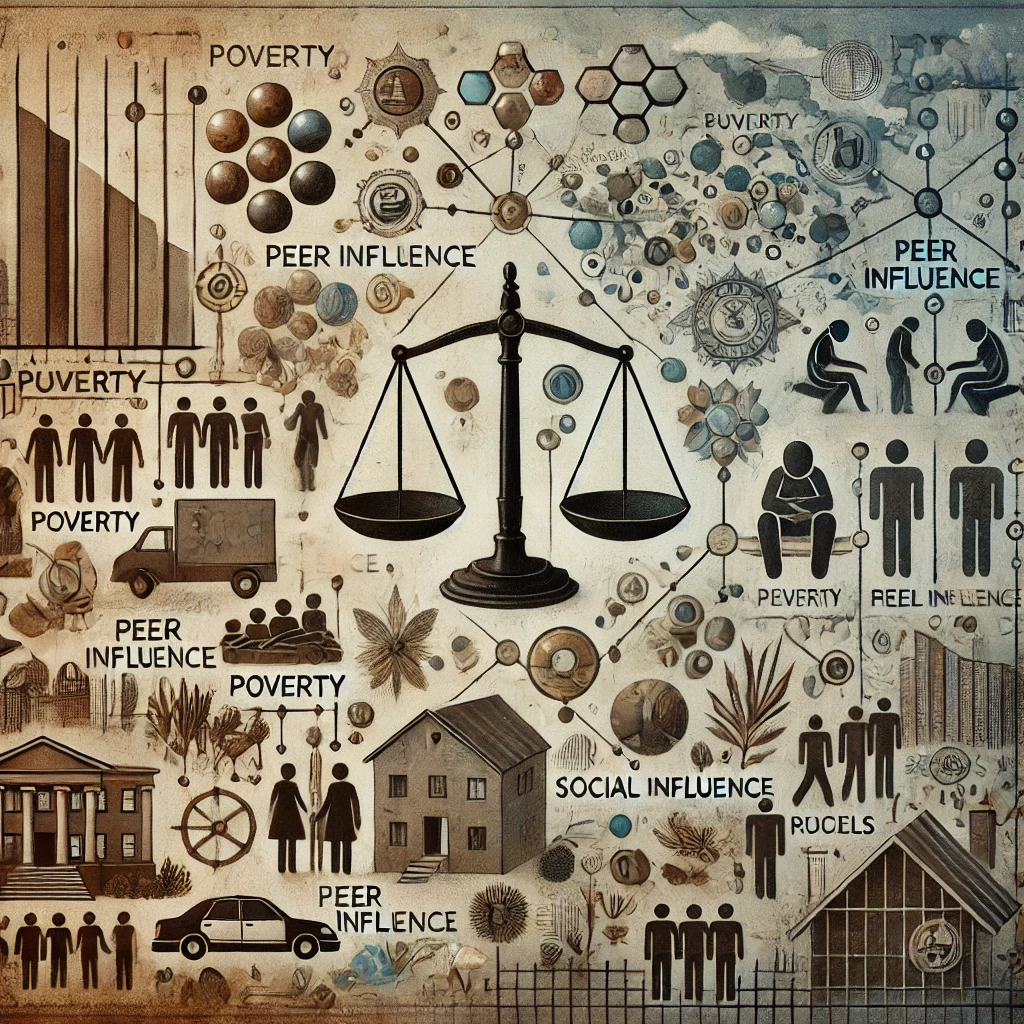The Natural Formation of the Criminal: A Criminological Perspective
The study of criminal behavior has long fascinated researchers, psychologists, sociologists, and criminologists. Among the many frameworks for understanding the origins of crime is the examination of natural and genetic factors. These elements, collectively referred to as the natural formation of the criminal, explore the biological and hereditary influences that predispose individuals to deviant behaviors. … Read more

